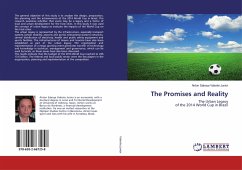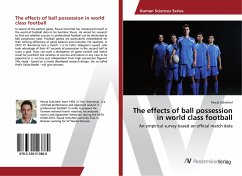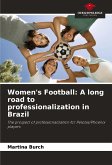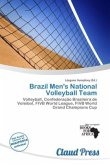The general objective of this study is to analyse the design, preparation, the planning and the achievements of the 2014 World Cup in Brazil. The research examines whether that event may be a legacy and a factor of local and urban development for the host cities. In this study it was used the concept of urban legacy to evaluate the impacts of the World Cup on the host cities.The urban legacy is represented by the infrastructure, especially transport systems (urban mobility, airports and ports), telecommunications networks, central distribution of electricity, health and public safety equipment and sports facilities. The infrastructures of leisure and tourism have also been established as part of the urban legacy. The organization and implementation of a mega sporting event generates transfer of technology and knowledge in technical, management and governance, which can be used by locals, so these issues have also been discussed.The results indicate that the budget of the 2014 World Cup reached to US$ 13.6 billion. The federal and local public sector were the key players in the organization, planning and implementation of the competition.
Bitte wählen Sie Ihr Anliegen aus.
Rechnungen
Retourenschein anfordern
Bestellstatus
Storno








